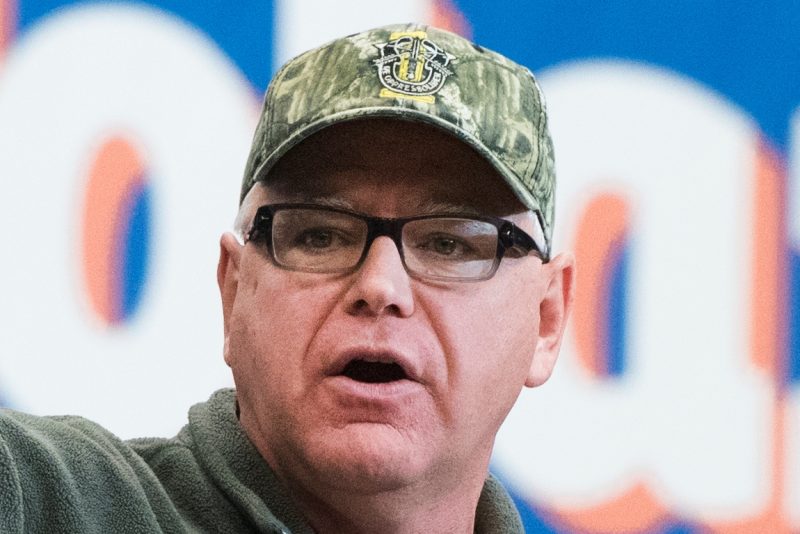
From NRA Favorite to Gun-Control Crusader: Tim Walz’s Transformation
Tim Walz: The Evolution of a Political Stance
Tim Walz, a former member of the National Rifle Association (NRA), has undergone a significant transformation in his views on gun control over the years. This evolution, from being endorsed by the NRA to becoming an advocate for gun control measures, reflects a shift in public opinion and the political landscape surrounding gun rights and regulations.
Walz’s journey towards gun control advocacy can be traced back to his experiences as a congressman and governor of Minnesota. During his time in Congress, Walz received support from the NRA and was known for his pro-gun stance. However, as he interacted with constituents and witnessed the devastating impact of gun violence in communities across the country, Walz began to reevaluate his position on gun control.
One of the key turning points in Walz’s stance on gun control was the mass shooting at Marjory Stoneman Douglas High School in Parkland, Florida, in 2018. The tragic event, which claimed the lives of 17 people, sparked a national conversation about gun violence and the need for stronger gun control laws. In the aftermath of the shooting, Walz was moved by the activism of the Parkland students and their calls for action.
Recognizing the urgency of the issue, Walz took steps to distance himself from the NRA and started advocating for common-sense gun control measures. As governor of Minnesota, he championed initiatives such as universal background checks, red flag laws, and funding for gun violence prevention programs. These efforts marked a significant departure from his earlier pro-gun positions and demonstrated his commitment to addressing the root causes of gun violence.
Walz’s shift towards gun control advocacy has not been without challenges. He has faced criticism from some gun rights supporters who view his new stance as a betrayal of their values. However, Walz has remained steadfast in his dedication to promoting policies that prioritize public safety and prevent gun violence.
In conclusion, Tim Walz’s evolution from an NRA-endorsed politician to a gun control advocate reflects a broader trend in American politics towards greater support for gun control measures. His journey highlights the importance of reevaluating one’s beliefs in light of changing circumstances and listening to the voices of those affected by gun violence. As the debate over gun rights and regulations continues to evolve, Walz’s example serves as a reminder of the power of personal growth and adaptation in shaping public policy.
